Generic trademarks are no joke. Earlier this week, the Trademark Trial and Appeal Board ruled that the trademark BOOKING.COM was generic for travel agency and hotel reservation services. Legally speaking, if a mark is generic, it no longer serves the purpose of a trademark and cannot be protected or enforced against third party uses. According to the TTAB’s ruling, booking.com operates to essentially identify the product itself and does not operate as a source-identifier to customers. Therefore no one is entitled to exclusive use of this term in commerce.
This news triggered a few things in my mind. Recently, a friend of mine and I had lunch at a nice restaurant in the Houston area. This restaurant offered a particular dessert offering – a dressed-up, fancy Oreo cookie.[1] Now, being a trademark nerd, I noticed the lack of any trademark designation on the menu listing. No ™. No ®. And no disclaimer in the fine print suggesting that “Oreo” is a trademark owned by someone else and licensed to this restaurant. Nothing of the sort. My friend and I joked about this for a while until it occurred to me that I may have stumbled upon something interesting:
Has OREO become a generic term that no longer functions as a trademark?
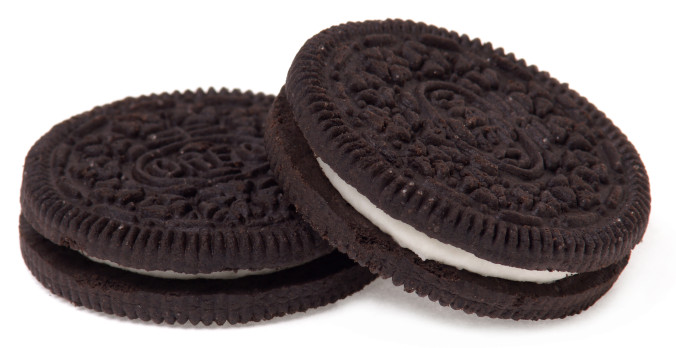
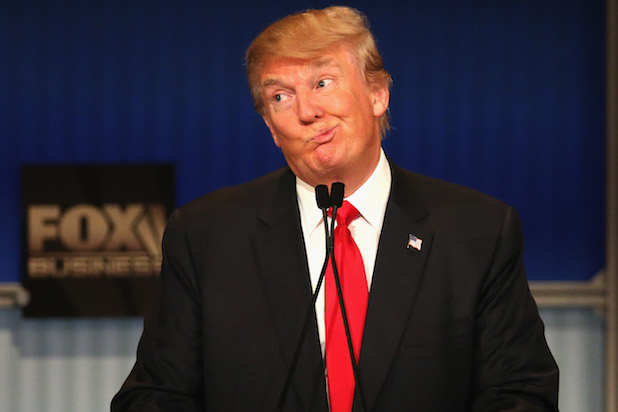
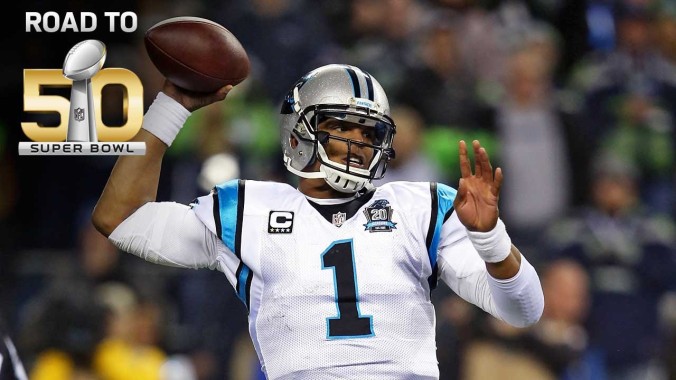
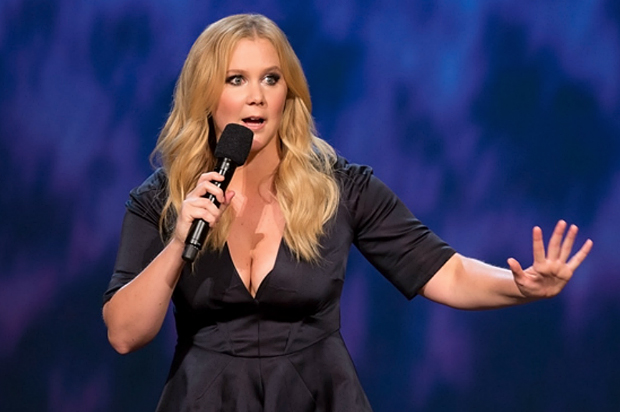
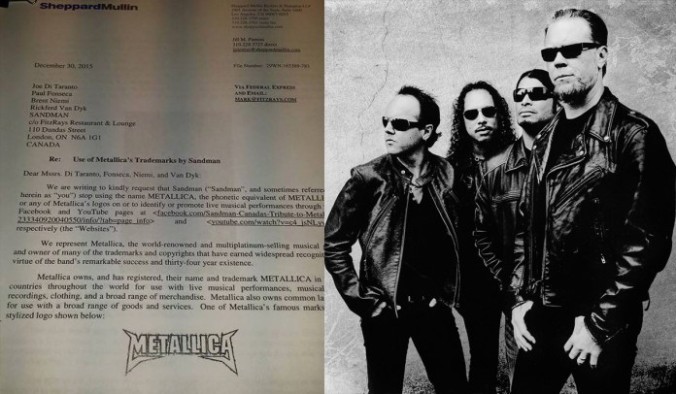
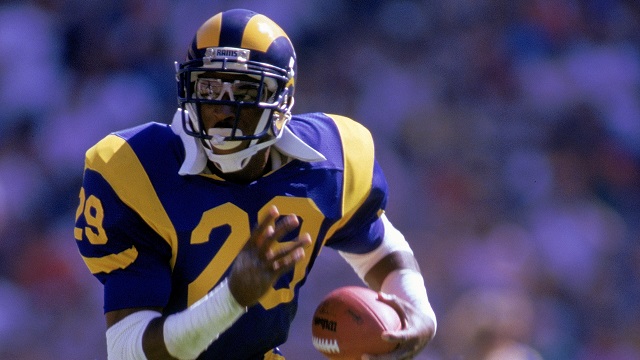
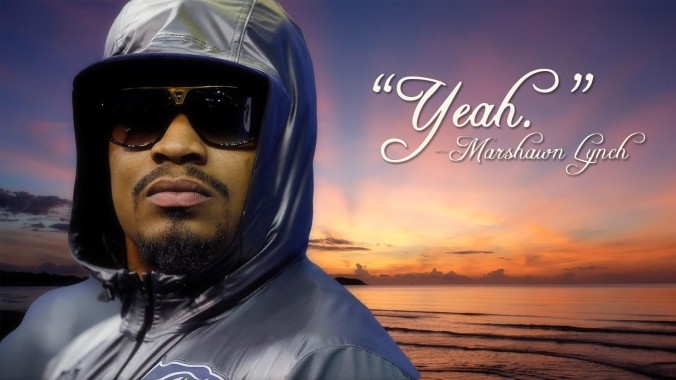
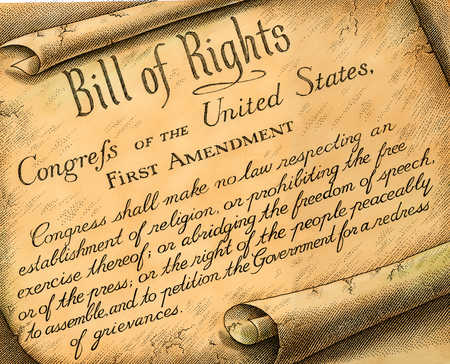
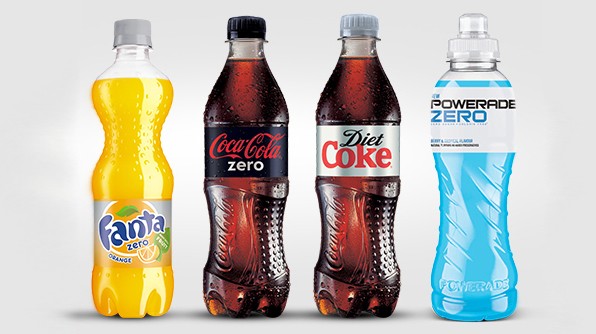
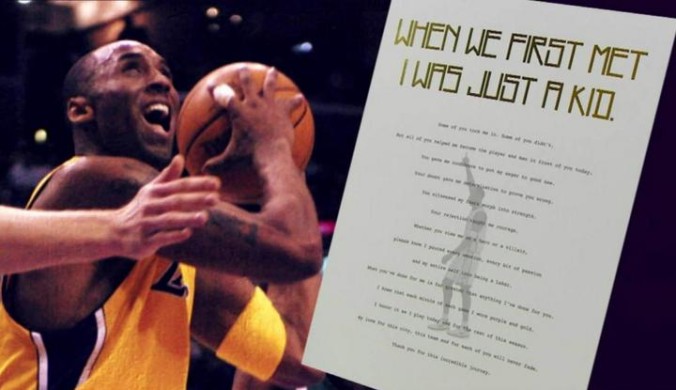
Recent Comments